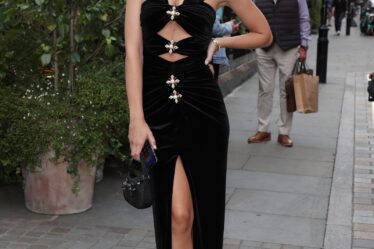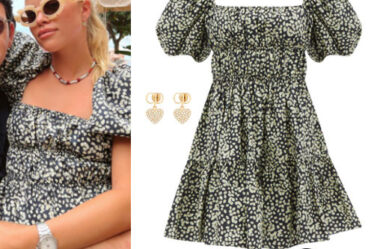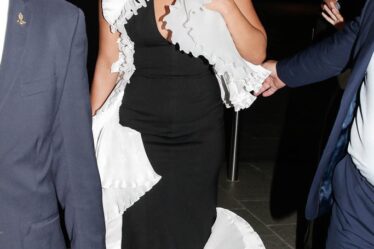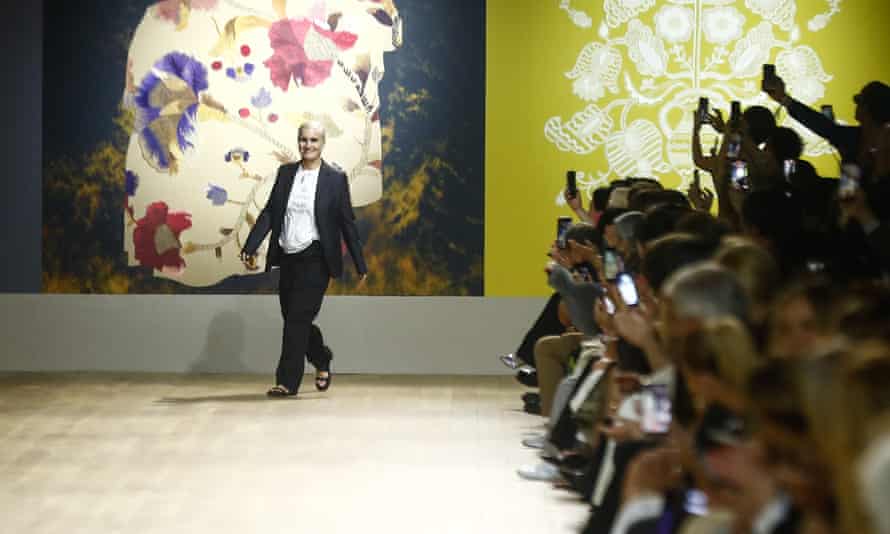
What is the point of haute couture? This was the question that Dior’s creative director, the Italian designer Maria Grazia Chiuri, found herself asking in these times of pandemic, war and the threat of a global recession.
The answer, she felt, was “to reimagine a better tomorrow”. And to create a “bridge” between the savoir-faire of different cultures to bring something meaningful collectively.
And so, the centrepiece of Dior’s couture show on Monday was not the exquisite silk chiffon plissé dresses or the intricately embroidered cream wool coats, but instead the backdrop – the floor-to-ceiling artworks that lined the Musée Rodin in Paris, a series of joyful, innocent interpretations of the tree of life, laden with flowers, fruits and birds.
These works, representing “womankind, the continuation of life and a bright future”, according to the historic French fashion house, were by the Kyiv-based artist Olesia Trofymenko. Chiuri had discovered her this spring at an exhibition at the MAXXI, the National Museum of 21st Century Art, in Rome, in a programme dedicated to contemporary Ukrainian artists. For this couture collection, the first since the outbreak of the war in Ukraine, Chiuri gave Trofymenko carte blanche, and the result – these large-scale wall pieces – formed the starting point for her show.
“I like the symbolism of the tree of life a lot,” she said backstage before the show, wearing her famous “We should all be feminists” T-shirt with a black trouser suit. “It means this idea of the circle of life.”
The tree of life theme was picked up in the collection with cream, taupe, red tartan and black full-skirted maxidresses, which were hand-embroidered with nature motifs inspired by Trofymenko’s artwork.
The fact that the tree of life is a symbol present in many cultures also appealed to Chiuri – with it, her ambition was to create a universal decorative language, a new peace-building, hope-lending universal folklore, if you like. To enhance this concept, Chiuri also designed other folk craft detailing into the clothing – delicately smocked bust panels, perfectly patchworked coats, braided seams, and hand-loomed fabrics that gave an organic, irregular texture.
In building that “bridge” to other cultures, Chiuri believes that Dior’s atelier can be located “around the world” – thus, not only was the fine detailing executed by Dior’s Paris-based petits mains, but much of the embroidery – on both the artworks and the dresses – was done by Indian artisans from the Chanakya School of Craft and Chanakya ateliers in Mumbai.
“It’s important to have this dialogue and to share these skills,” she said, adding that couture is well placed to build this bridge between different cultures. “When you work by hand, you are close to humanity.”
Whether Chiuri’s designs are going to bring about world peace and prosperity is up for debate, but judging by the amount of selfies being taken by the show’s attenders against the backdrop of Trofymenko’s art, it could perhaps inspire a welcome sense of lightness and optimism for a difficult time.
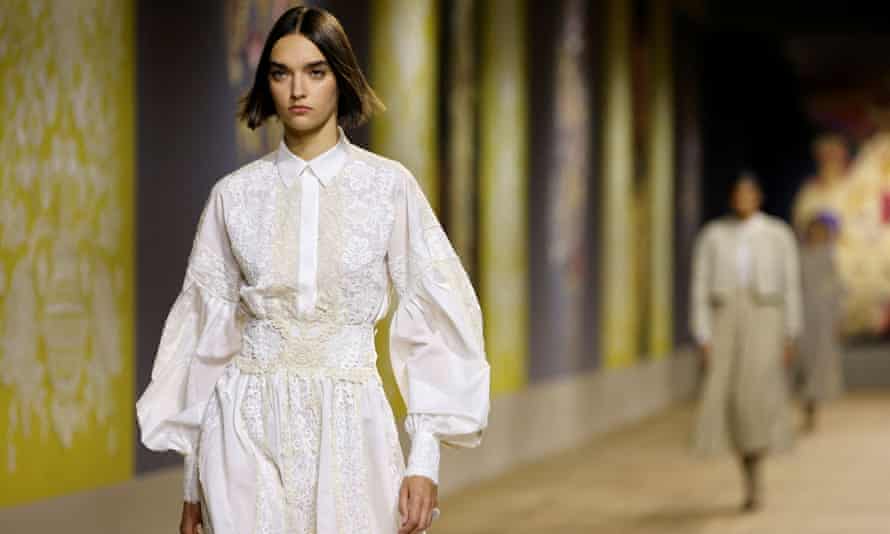
Dior has seen impressive growth this year, proving itself to be immune to the effects of world news, having recorded revenue of 18bn euros in the first quarter, up 29% compared with the same period in 2021. Analysts estimate that Dior has tripled sales to $7.2 bn under its new CEO, Pietro Beccari.

